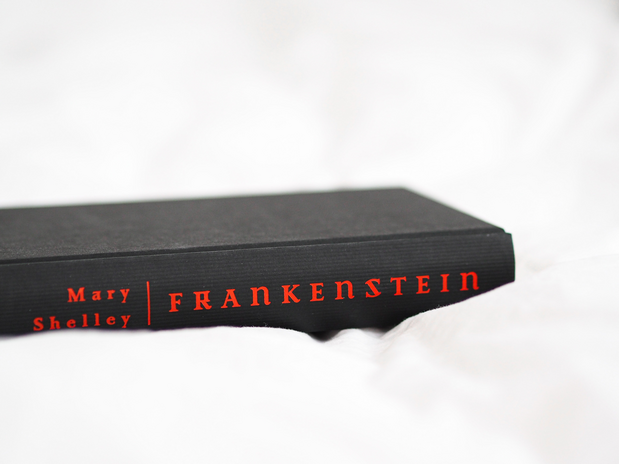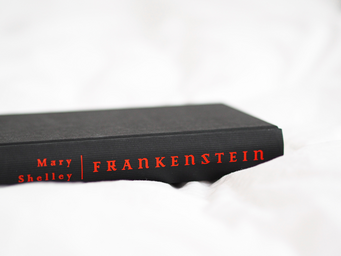TW: miscarriage
As Halloween approaches, the air is crisp and the excitement of the season is setting in. The thrill of spooky stories and gothic aesthetics has long defined the season, and for many people – myself included – there’s a special joy that comes with the eeriness of autumn.
What many people are unaware of, though, is that science fiction as a genre, which gave us so many of the ghost and monster stories we celebrate, is thanks in large part to a woman: Mary Shelley, the author of “Frankenstein.”
Mary was the daughter of two radical philosophers. Her mother, Mary Wollstonecraft, was a writer and philosopher who is now considered to be one of the first feminists, and her father, William Godwin was an author known for radical ideas.
At the time when she met Percy Shelley, who she would eventually marry, he was married to another woman. They reportedly met up on her mother’s grave to see each other in private. If you believe the lore, many even say that Shelly lost her virginity there, on her mother’s grave.
The losses took their toll on Shelley emotionally, and in journals and letters discovered later, we can see that she was deeply in grief for much of her life and struggling with the concept of motherhood.
The creation of Frankenstein as a novel is an interesting one. Mary and Percy, along with Lord Byron and Shelley’s step-sister Claire Clairemont, went away on a trip to Lake Geneva. While there, they spent much of their time writing, and a game was proposed where each persona had to come up with a ghost story to tell the group.
Shelley, working from an idea that reportedly came to her in a dream where she saw a “pale student of unhallowed arts kneeling beside the thing he had put together” (x), wrote a short story that played with the idea of a scientist creating a horrible creature. Later, after those in attendance were impressed by the tale, Shelley went on to write it into a full novel.
The details of that story are widely known, but what is often overlooked is that Shelley’s life at the time, and thus likely her inspiration for creating what became one of the most famous novels in history, was defined by her experience as a mother.
Shelley was pregnant and gave birth many times but only one of her children, her son Percy Florence Shelley, survived. In one instance, she had a miscarriage so severe that her husband had to lay her on a bed of ice to keep her from bleeding out.
The themes of the classic novel are a reflection of that grief and trauma – many scholars have contemplated the symbolism of the fact that a woman, grieving the death of her babies, would create such a story lamenting the horrors of bringing into the world something which will feel pain.
No homage to Mary Shelley could be complete without including perhaps the most famous rumor. It is said that, following the death of her husband Percy, Mary kept the remains of his heart locked in her writing desk.
The fact that science fiction as a genre (a field now largely dominated by men) was started by a woman, and that the original piece of science fiction was inspired by a woman’s grief over the loss of her child, is a detail that should never be forgotten.



